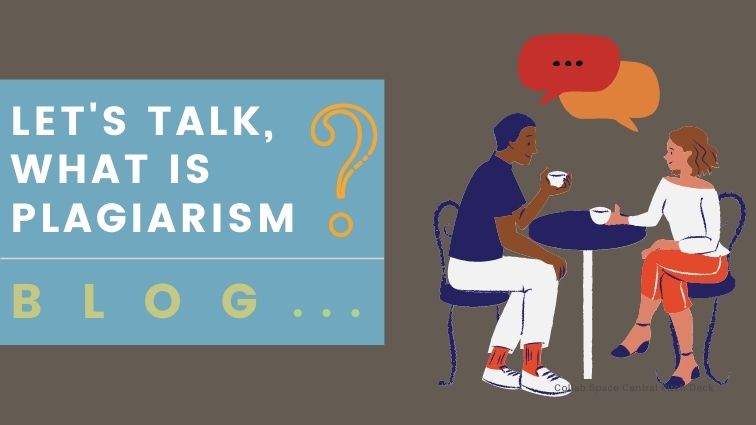
We often hear the phrase “Plagiarism” in our daily life. Whether it is in school, in a creative space, professional workplace or business setting, plagiarism is everywhere. However, we are unaware of the actual meaning of plagiarism and what defines plagiarism as well as its depth.
If we go by etymology, the word Plagiarism was initially used in early 17th century and it is derived from Latin word plagiarius ‘kidnapper’ and word plagium ‘a kidnapping,’. It also has derivations from Greek word plagion which resembles the same plagiarism meaning.
This term for taking someone’s ideas and passing them off as one’s own is from Latin plagiarius ‘kidnapper’. The Latin poet Martial ( ad 40–c.102) used the term in one of his poems for a literary thief.
According to the Oxford’s dictionary, the definition of plagiarism:
“The practice of taking someone else’s work or ideas and passing them off as one’s own”
The Oxford dictionary describes its origins as “early 17th century: from Latin plagiarius ‘kidnapper’ (from plagium ‘a kidnapping’, from Greek plagion) + -ism.”
In common language, we refer to copy-pasting as plagiarism and that is true up-to some extent. Plagiarism is broader than that. If you are wondering is plagiarism illegal or is plagiarism a crime then that answer is yes because it can be both of those things. First, let’s cover the plagiarism meaning.
Yes, plagiarism involves copy pasting but there is a lot more. When you are plagiarizing, literary theft and academic identity fraud is taking place. In regular situations, if you steal and commit fraud you may have to pay fines or go to jail. Just like that, plagiarism works the same way but in the academic, creative, arts based environment.
In simple words, it is the unethical and illegal activity of showing another person’s piece of work as your own. We can also say that plagiarism is the theft of literary content. Plagiarism occurs when a writer duplicates another writer’s language or ideas and then calls the work his or her own. It is indeed a “Literary theft” entitled for penalty all over the world. So, we discourage plagiary acts and support genuine content creation.
Plagiarism comes in a buffet of plagiarism types but instead of getting into details about all of them, let’s have a quick teaser about all the major types of plagiarism:
Most importantly, plagiarism is discouraged because it can be detrimental for you as a writer or professional. It can honestly cost you your employment and professional reputation and if you are a student then it can result in expulsion losing the degree that was worked so hard for.
Also, in business environments, the consequences of plagiarism can be massive financial compensation and heavy legal fees. So, do whatever you can to avoid plagiarism.
One of the ways to avoid plagiarism is by using a good, accurate and safe plagiarism detector. Cheers to Originality and remember that a great plagiarism tool will be the best tool you ever use. Use Plagiarism Checker X to analyze your documents for duplicate content and ensure unique, clean and plagiarism-free work!
December 20, 2016 By Floora Janet
December 21, 2014 By Floora Janet
December 10, 2014 By Floora Janet